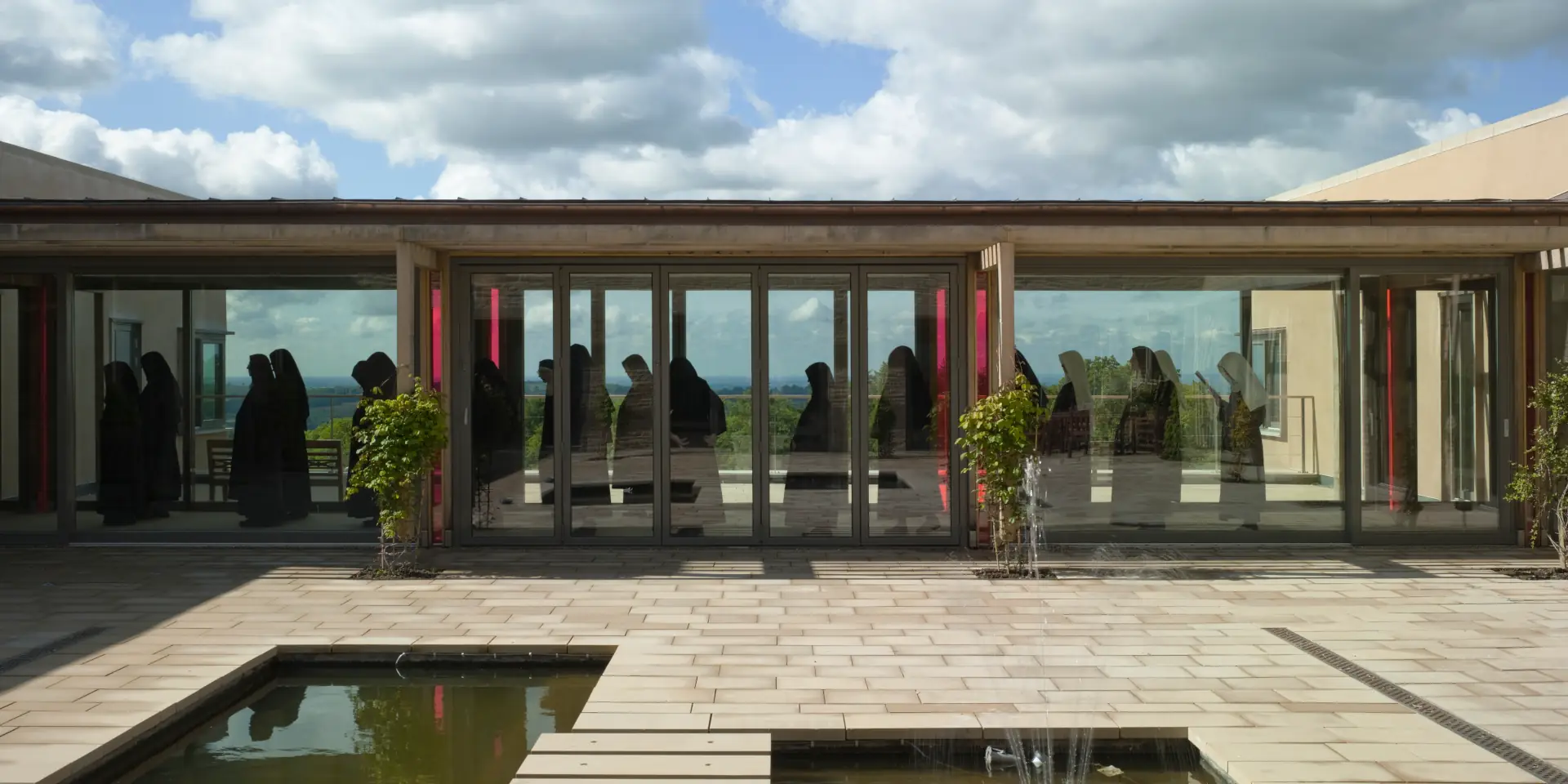We believe, therefore, that it is expedient, for the preservation of peace and charity, that the abbot should have the appointment to all offices in his monastery. If it be possible, let all the affairs of the monastery, as we have already arranged, be administered by deans under the control of the abbot, so that the business being shared by so many, no individual may become proud. But if the circumstances of the place require it, or the community reasonably and humbly ask for it, and the abbot judge that it is expedient, let him himself appoint as his prior whomsoever he may choose with the advice of God-fearing brethren. Let the prior reverently perform what is enjoined him by his abbot, and do nothing contrary to the abbot’s will or regulations; for the more he is set above the rest, the more scrupulously should he observe the precepts of the Rule. If it should be found that the prior has serious faults, or that he is deceived by pride and behaves arrogantly, or if he should be proved to be a despiser of the holy Rule, let him be verbally admonished up to four times; if he do not amend, let the punishment of the Rule be applied to him. But if he do not amend even then, let him be deposed from the office of prior and another who is worthy appointed in his place. But if afterwards he be not quiet and obedient in the community, let him even be expelled from the monastery. Yet let the abbot bear in mind that he must give God an account of all his judgements, lest perchance his mind be inflamed by the fire of envy or jealousy.

